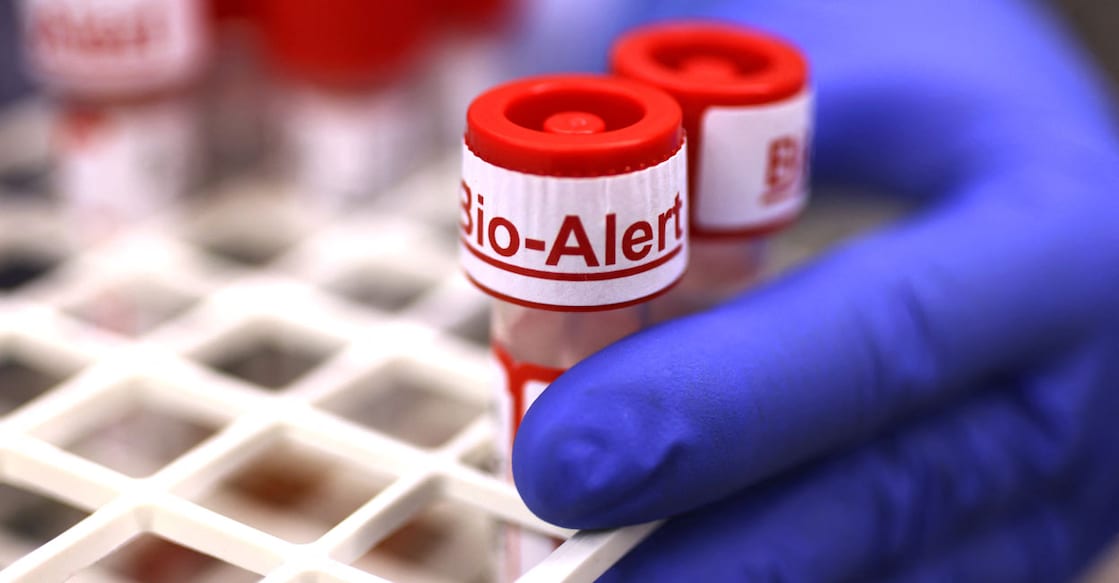Monkeypox declared a public health emergency: Should Kerala be alert?

Mail This Article
Monkeypox (Mpox) infection, which is spreading in Africa, has been declared a public health emergency on the continent, particularly in the Democratic Republic of Congo. The recent announcement was made by WHO Director Tedros Adhanom Ghebreyesus following an emergency committee meeting of the World Health Organization. Previously, the African Union's health agency, the Africa Centres for Disease Control and Prevention, had also declared Mpox a health emergency. The disease has now spread to 18 countries in Africa, affecting 15,000 people and resulting in 461 deaths. Initially, the outbreak was caused by the Clade 1 variant of the pox virus. However, the emergence of a new variant, Clade 1b, has led to increased transmission, particularly among children. Although many cases are not severe, some can result in complications that may be fatal.
Mpox is reported to be spreading in countries such as Rwanda, Burundi, the Central African Republic, Kenya, and Uganda. In response to the outbreak, the United States has announced an additional $17 million in funding for the African continent to combat Mpox.
What is monkeypox?
Monkeypox (Mpox) is a disease caused by the monkeypox virus, which belongs to the orthopox virus family. This virus was first discovered in 1958. Monkeypox is related to the smallpox virus. Until recently, it was primarily detected among individuals in Central and West Africa who had close contact with monkeys.
The symptoms
The main symptom is an itchy rash that appears on the limbs, chest, face, mouth, and genitals. This rash later develops into pus-filled abscesses and scabs. Other symptoms include fever, headache, muscle aches, and swollen lymph nodes. The virus can spread from person to person, with symptoms typically appearing within 21 days of exposure. The incubation period ranges from three to 17 days. The virus can be transmitted through skin-to-skin contact, saliva, nasal and other bodily fluids, and close conversation. Sharing items used by an infected person can also spread the virus. Mpox infection in pregnant women can be transmitted to the unborn child and newborns. Smallpox vaccines protect Mpox, but many countries in Africa lack sufficient vaccine supplies.
Britain and the United States have provided financial assistance to the Congo for vaccine procurement. Currently, 96 per cent of the reported cases are in Congo alone. The World Health Organization has also provided $14.5 million in emergency aid to combat Mpox.
Anything to fear in Kerala?
The first case of Monkeypox was reported in Kerala in our country in 2022. The last case of the disease was also reported in March this year in Kerala. While the chances of the disease in the country are too low at the moment, experts say it's better to be alert as the frequency of expat movement is high here.

